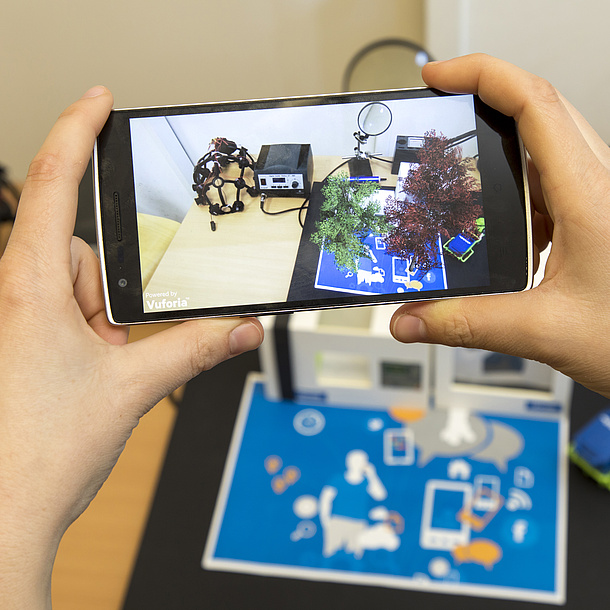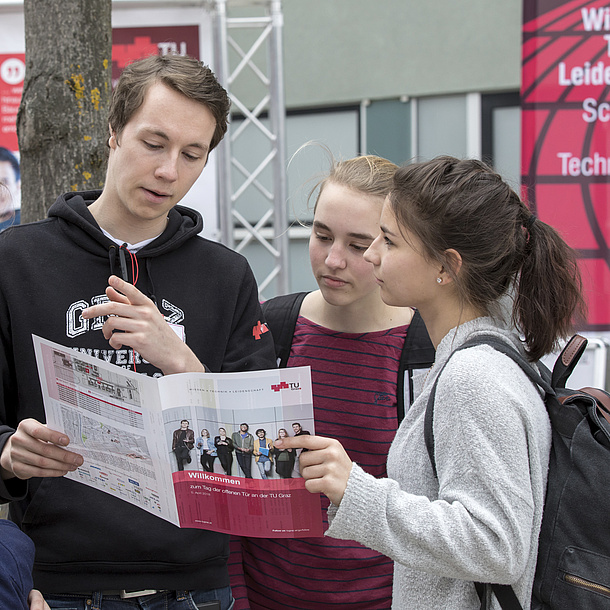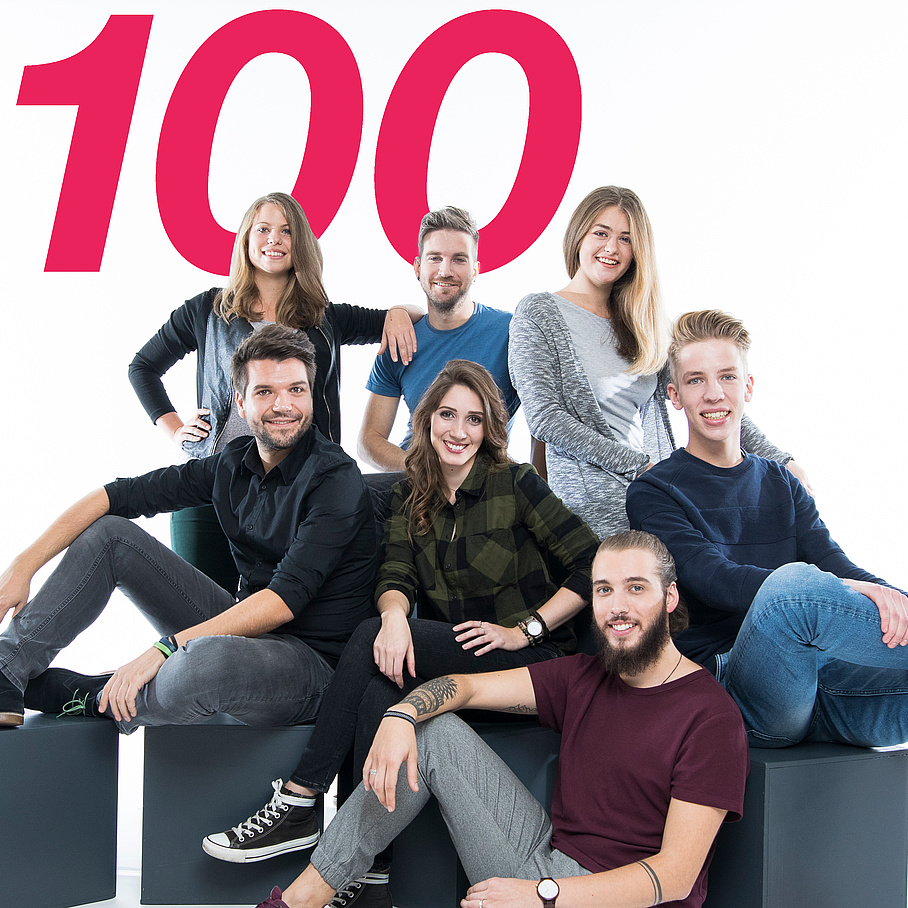Quick Facts
- Duration of study: 6 semesters
- ECTS credit points: 180
- Academic degree: Bachelor of Science (BSc)
- Language of instruction: German,
many courses offered in English
The Bachelor's Programme
In the Bachelor's Degree Programme in Information and Computer Engineering, you benefit from exposure to internationally recognised lecturers. You will learn how to design, implement and operate complex hardware and software systems in the field of information technology and telecommunications in both national and international contexts. The systems you develop are used, for example, in smartphones, complex industrial plants and automated vehicles.
Since the degree programme combines many aspects of computer science and electrical engineering, various practical courses are offered in which hardware and software systems are heavily referenced. For example, you have the possibility to create a complete operating system or a microcontroller for embedded systems and to apply it in your own projects. You will also gain insights into topics such as the Internet of Things, Industry 4.0, eHealth, automated driving, smart devices and much more.In individual projects and seminars, you will also have the opportunity to tackle a topic intensively over a longer period of time. In addition, you can gain practical experience that will help you in your future career or do a study abroad within the framework of the free-choice courses or work on research projects as part of your bachelor's thesis work.
Play video
Studying Information and Computer Engineering
Focus Areas
In this degree programme, you have the opportunity to focus on the following subjects:
Basics of Information and Computer Engineering: You will learn fundamental technical and scientific information, e.g. in the fields of mathematics, statistics, physics, signal processing and programming.
Electrical and Computer Engineering: You will acquire fundamental knowledge and learn about standard methods used in electrical and computer engineering, such as information about electrical networks, as well as circuit, measurement, digital and communications engineering.
Information Technology: You will learn the basics of computer science, such as software development and data processing, information security and visual computing, and become familiar with operating systems and computer networks.
Humanities and Bachelor’s Thesis Work: You will learn to think in interdisciplinary ways and address economic, social and ethical questions related to the field of Information and Computer Engineering. You will learn how to work scientifically and to write a bachelor’s thesis.
Study counselling: Check what you expect!
What will I have to do in the first semesters? How much practice can I expect? And what can I actually do with my degree when I've finished? Check what you expect!
Colleagues from the faculty will take time for you and your questions online:
To the Discord server of the Faculty of Computer Science and Biomedical Engineering
Contact: lse@tugraz.at
Information and Computer Engineering in Research and Industry
Information technologies and telecommunications are omnipresent and are becoming increasingly important. These range from smartphones to automated vehicles and from apps to medical devices.
The research field is vast, and many innovations can be created within a very short time. Current research projects being conducted in this subject area at TU Graz include:
- operating systems for the Internet of Things (IoT),
- processors that can alter their hardware autonomously during operation,
- sensor technology for automated and autonomous vehicles,
- localisation and control technology for modern production plants (Industry 4.0),
- high-frequency technology for mobile and wireless communication,
- satellite technology,
- signal processing for voice communication, or
- security concepts for computer systems.
Student teams
You can network with other students outside of your regular programme and work on a variety of topics by joining various student teams, such as the:
Admission
Admission Requirements
Requirements for admission to a bachelor's degree programme at TU Graz
Admission Deadlines
Summer semester 2025
Admission period: 7 January to 5 February 2025
Winter semester 2025/26
Admission period: 7 July to 5 September 2025
Admission Procedure
Questions about admission?
Contact study@tugraz.at
Perspectives for Graduates
Professional Fields
Graduates work to develop tomorrow’s technologies. You design, implement and operate complex hardware and software systems in the field of information technology and telecommunications in both national and international contexts. You will have a wide range of career opportunities:
- You will conduct research at universities and other research institutions,
- work in R&D departments in industry,
- work nationally and internationally, independently, or as employees, e.g. in the business, public administration, or public service sector.
While you have the possibility to begin your career directly after receiving your degree, you will also qualify for admission to any of the numerous advanced master’s degree programmes offer at TU Graz and other renowned universities.
Advanced Master’s Degree Programmes
After completing the bachelor's degree programme, you can enrol in the following master’s degree programmes without further requirements:
- Information and Computer Engineering
- Computational Social Systems
- Computer Science
- Space Sciences and Earth from Space
- Data Science
- Electrical and Electronics Engineering
Information on other master's degree programmes with requirements you can find on the respective pages for the master’s degree programmes.
In addition, the bachelor's degree offers you the opportunity to apply internationally for master's degree programmes.




